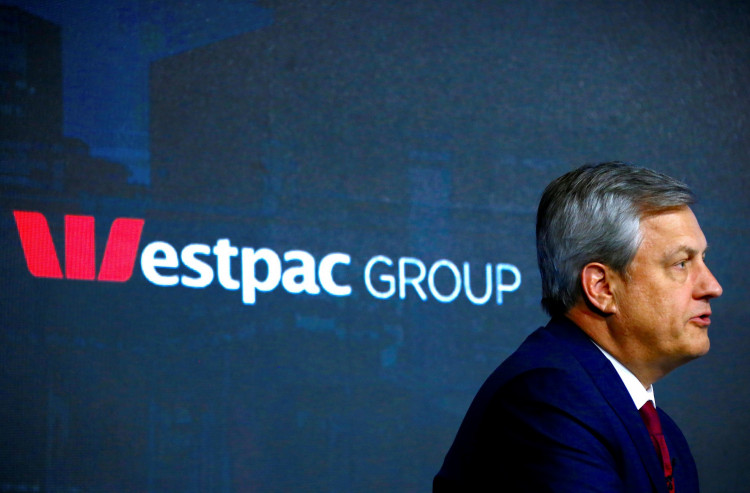Confidential letters from Westpac to Austrac revealed the extent of the bank's lapses in alerting anti-money laundering groups about the activities going on involving millions of transactions.
According to the Australian Financial Review, the letters revealed that Westpac's failures were much more significant than what was initially disclosed to the public. The letters indicated that the Australian bank's failures reached around 29 million international transactions in a period of 15 months before the issues were brought to light.
Details are unclear about the bank's investigative efforts on how it took the board too long before Austrac was informed about the illegal activities among customers. However, the documents imply that mid-level and junior employees did not inform the supposed authorities earlier.
The letters further revealed that in 2011, Westpac experienced computer system issues that could indicate automatic reporting to the authorities regarding money laundering behavior were turned off.
In May 2017, a junior technology staffer under the Global Transaction Services unit discovered that money transfers made with the Standard Chartered Bank was not being reported appropriately.
In August of the same year, the unit's head, Di Challenor, requested for an urgent review of the bank's systems. Similar problems were found with money transfers to Citibank, but Challenor was reportedly not told about the said issues.
Come November, an internal note was sent regarding the Standard Chartered transactions in question. However, reporting to Austrac was not mentioned, and between May to June of 2018, Challenor finally discovers the proper reporting breaches.
In July of last year, Westpac executives, along with Challenor, finally notified Austrac of potential transaction lapses and in August, the bank and the financial intelligence regulator were finally informed about the financial law breaches.
While the anti-money laundering transactions were initially at the center of what could be the biggest banking sector scandal yet, the revelation from Austrac that some transactions showed consistencies with child exploitation in the Philippines took the world by storm.
Amid the crisis, advocates and industry analysts are calling for more action from the Australian financial institution besides the resignation of CEO Brian Hartzer and the early retirement of chairman Lindsay Maxsted.
Amid mounting pressure to prevent future illegal transactions from taking place, the bank announced that it will set up a financial crime committee to monitor activities closely, The Guardian reported.
Consulting firm Promontory has also launched a separate investigation on the bank's child exploitation and money laundering scandal, prompting talks about the possibility that more executives will be forced to step down should new details emerge from the probe.
Aside from Maxsted and Hartzer, Westpac's head of the board risk the committee, Ewen Crouch, also announced that he will step down from his position.




